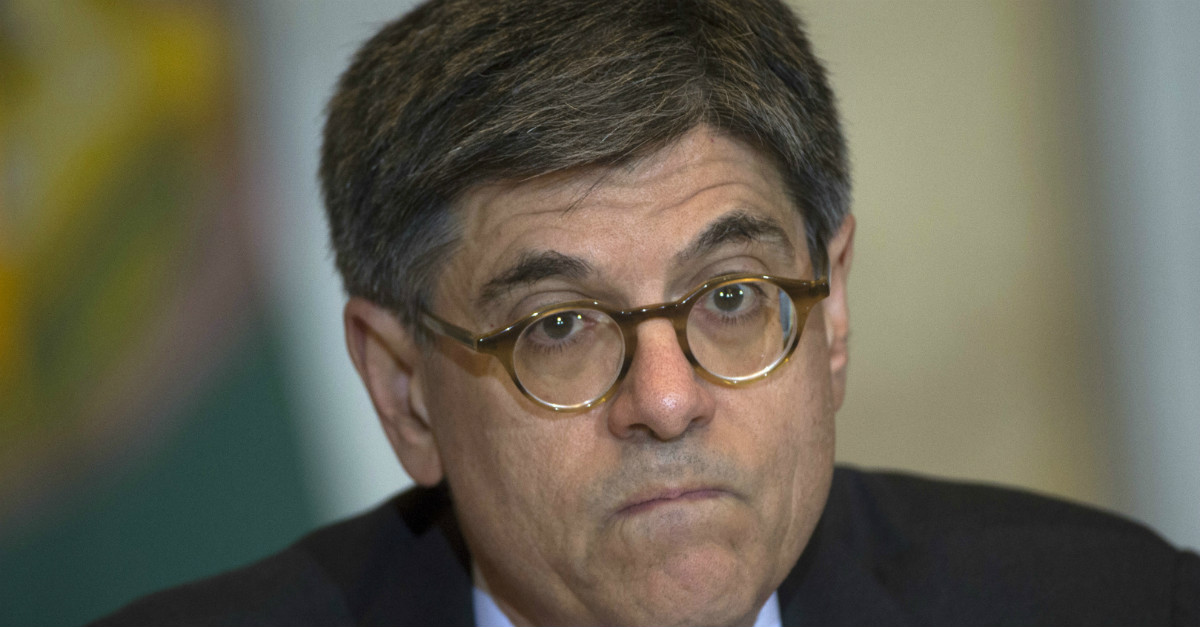Imagine for a moment that a business loses $1,000 every month once it has paid all its existing commitments (employee paychecks, rent, supplies, etc.). In order to make those payments and keep the business open, the owner must put $1,000 every month on its credit card. Eventually, the business owner has racked up so much debt from borrowing, that he is about to max out his card, but he asks the bank to raise his credit limit, while continuing to rack up more debt and make the minimum payments.
Videos by Rare
Canceling the card would have serious consequences for this imaginary business, but would anyone suggest the responsible answer is to continue as normal and keep issuing new cards?
RELATED: Republicans and Democrats are already swapping positions on fiscal responsibility
This scenario might be a somewhat basic comparison, but as yet another debt limit fight looms on the horizon, we would be wise to ask ourselves whether another national credit card is a solution for our country.
There are obvious differences between the federal government and a business borrowing money, but most people would agree that the business owner should not continue borrowing month after month if the business continues to lose money. Again and again, though—as a matter of fact, nearly 100 times since 1940—our government has raised the debt limit to avoid defaulting on existing debt. By raising this cap, the federal government can continue borrowing to make payments on the debt, while mostly ignoring the increases in spending that add to it; this vicious cycle is the culprit of the nearly $20 trillion national debt.
Just like the business owner who had his cards taken away, there would be serious ramifications for not raising the debt limit. But time and again, the political establishment takes a narrow-minded view of the risks at stake, ignoring the root of the problem and its consequences.
Last week, Treasury Secretary Jack Lew basically summed up this narrow view by calling to end “debt limit brinksmanship” and partisan fights he said endangered the nation’s finances because of a “broken, outdated system.”
While Lew and others would like to forget that a debt limit fight produced the only budget discipline in generations—the 2011 Budget Control Act—his larger point is mostly correct. The debt limit is a broken system that has not done its job of holding down debt because it fails to target the root of the problem. Unfortunately, though, so does Lew, forgetting that unchecked increases in spending may also initiate the type of fiscal crisis he hopes to avoid.
Debt limit fights are not a perfect solution, but neither is spending uninhibitedly. What’s worse, Congress and the public have been actively misled on the dangers – last year, Treasury was caught seeking “to maximize pressure on Congress by limiting communications about contingency planning” – in other words, leading Congress and the public to believe there were far fewer options than there really were.
This kind of dysfunction is rather unique to the United States. A study of other developed countries shows that many have handled their debt and deficits much more effectively through targeted limits on spending growth, and these real-world examples should be a blueprint for fixing the United States rules that fail to take on the root of the problem: Spending.
RELATED: Donald Trump is exposing the obsolescence of the White House press corps
Secretary Lew and others miss the mark by highlighting dangers in the debt limit but ignoring how dangerous Congress’s massive spending and borrowing are. What’s more, those who would support thoughtless debt limit hikes often fail to realize that there are places where tangible spending cuts are possible—potentially eliminating the need to raise the debt limit so often to begin with. If Congress does not address runaway spending, the debt limit is doomed to be a largely losing fight and very little “limit” at all. But getting rid of the one imperfect limit that exists without finding better ways to control spending would be an even worse mistake.
Jake Grant is the research manager at the Institute to Reduce Spending. Follow him on Twitter @thejakegrant



